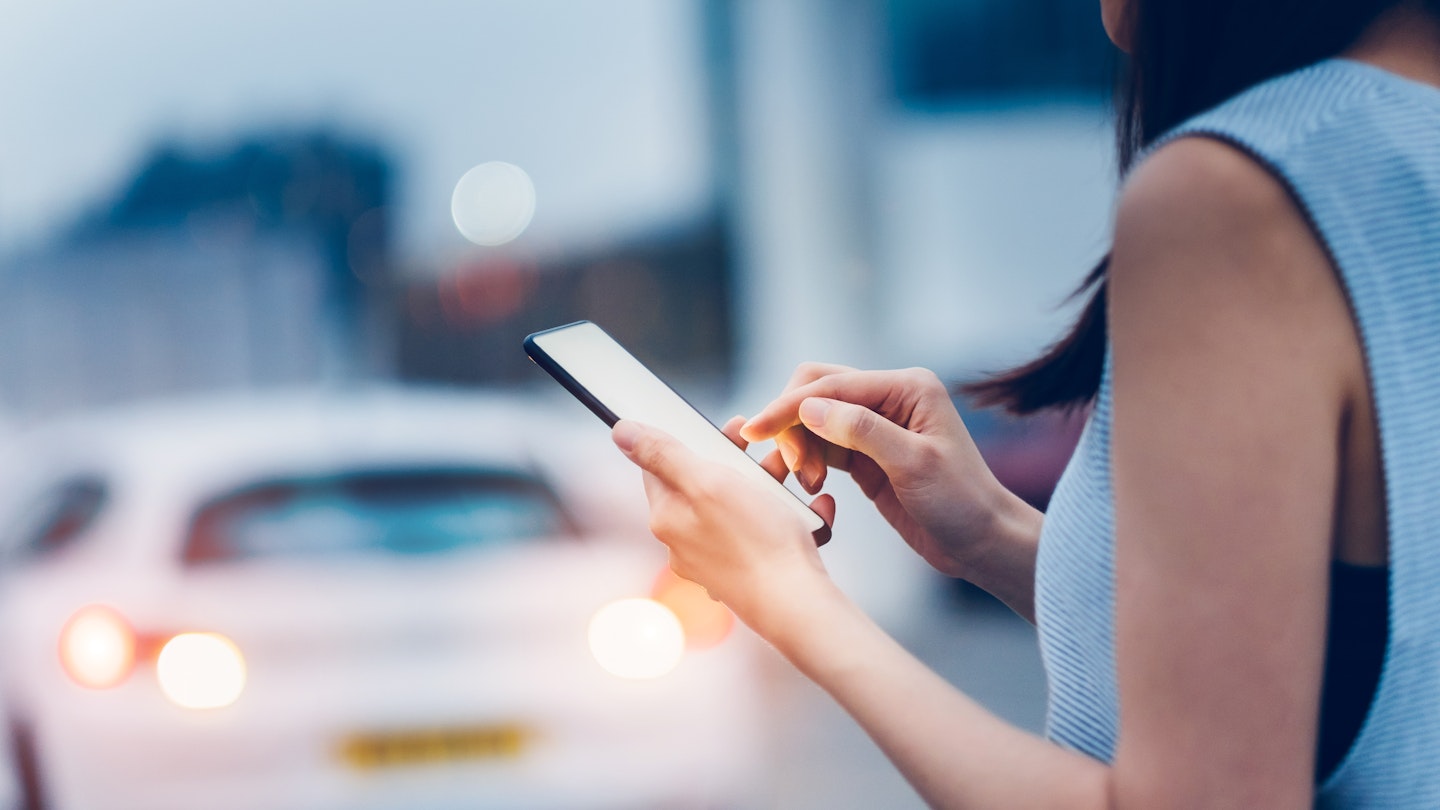Ever felt uncomfortable being home alone with the plumber who's come round to fix your toilet? Perhaps it's when you're at the pub alone, desperate for a wee but unwilling to leave your drink without a friend there to supervise it? Or when you're running outdoors alone in the evening and you suddenly realise the sun has set and it's getting dark?
This is a recognisable situation for most women. The threat of sexual assault shapes women's everyday experiences that makes them different to men's, sometimes in the subtlest of ways. Sure: I mean we're more afraid to walk home alone in the dark but most people would feel uncomfortable walking down an alley late at night. What about the way women particularly are adjusting the micro-levels of our existence to protect against the potential threat of assault?
A new study from Yougov has shown exactly how women's everyday experience differs from men because of this. When asked across 15 different scenario's like 'getting a taxi by yourself' or 'going on a first date' women in the study were overwhelmingly found to feel unsafe compared to men. In the instance of walking down an alleyway by themselves 49% of women always of often felt unsafe compared to just 11% of men while when walking alone at night 46% of women felt unsafe compared to 13% of men. The study concluded that on a day to day basis, as many as one in three women are consciously taking steps to avoid being assaulted.
How are they going about it? 31% of women take the effort to make sure they're not alone. Meanwhile, more than one in ten of us will inform people of our whereabouts, and other steps that are taken include (are you concentrating?): not drinking too much, dressing a certain way, minimising interactions with strangers, having a phone prepared, preparing to use something as an impromptu weapon or crossing the road when seeing a man. By contrast, the study found 9% of men took steps to protect themselves against sexual assault but almost half couldn't specify what they were.
You've probably experienced it yourself at least once: crossing the street to avoid a car when you're walking on your own in the daylight. Turning your music down when you're running through the park on your own so that you can be more aware of someone approaching you. Or simply just paying for a taxi when you've had a couple of drinks because you don't want to be on a London bus alone late on a Saturday night.
These are all small, insidious ways that you, your friends or women walking past you on the street have probably adapted their lives, to put it bluntly: we know that no matter how many campaigns tell us what a victim wears or whether they walk alone at night or how much they had to drink doesn't warrant assault, that we're more vulnerable to it anyway. Going out of your way to take precautions against being assaulted is time-consuming, usually inconvenient and sometimes more expensive (see: taking an Uber while it's on charge surge on a Friday) but you're probably already aware without needing a study to show you that the majority of women take them anyway. We know that while someone who's intent on assault will assault, there will always be that one person who feels the need to say 'Why was she XYZ?' (Insert: traveling alone, so drunk, wearing that, walking alone at night).
And yet far from being 'irresponsible'in our day to day decisions it seems the majority of women are demonstrably spending extra time and resources specifically to not inadvertently put themselves in harms way. We've taken it on as our personal responsibility, which is sad because it shouldn't be. Whatever the scenario - when it comes to sexual assault It goes without saying that the onus is 100% on the assailant, and never the victim.
